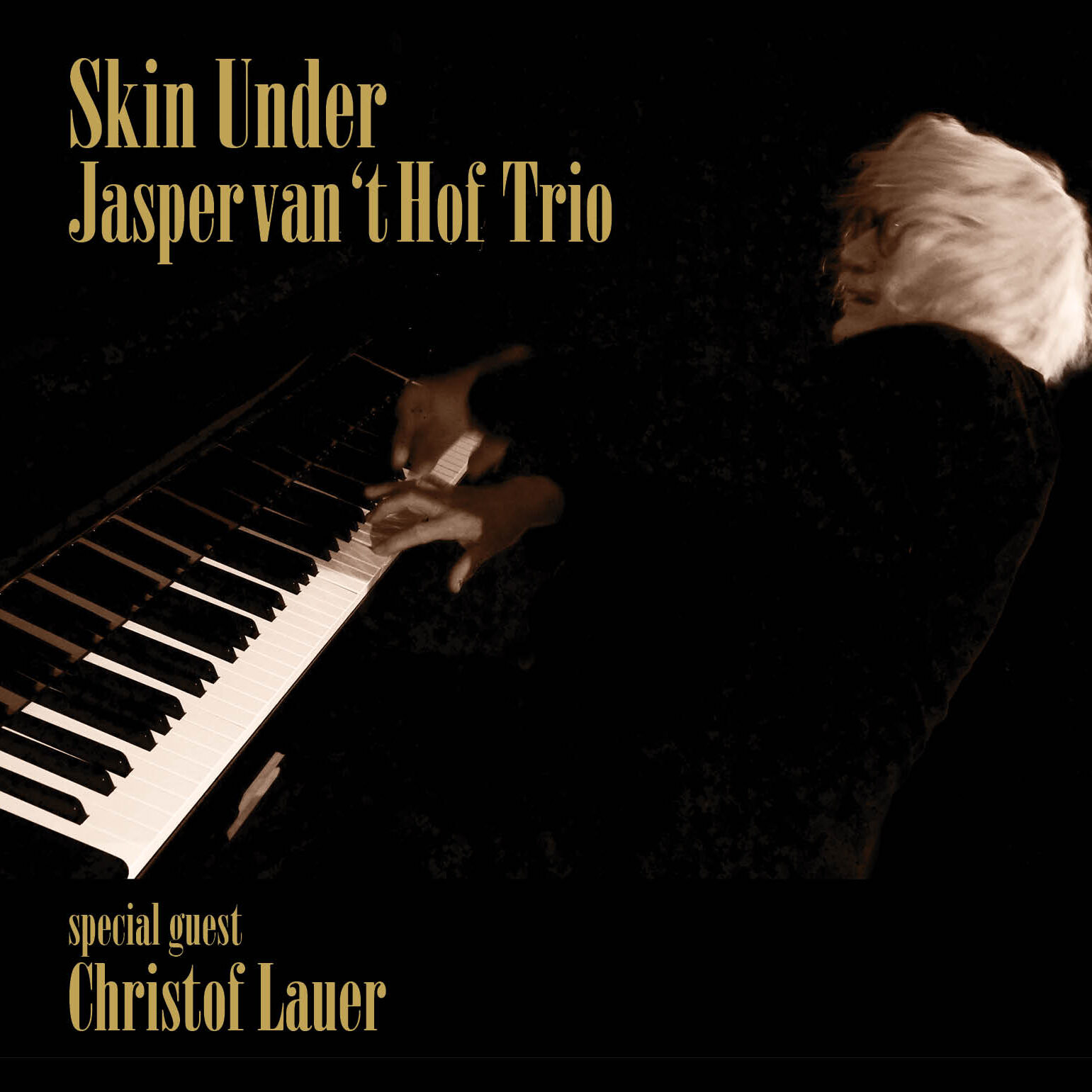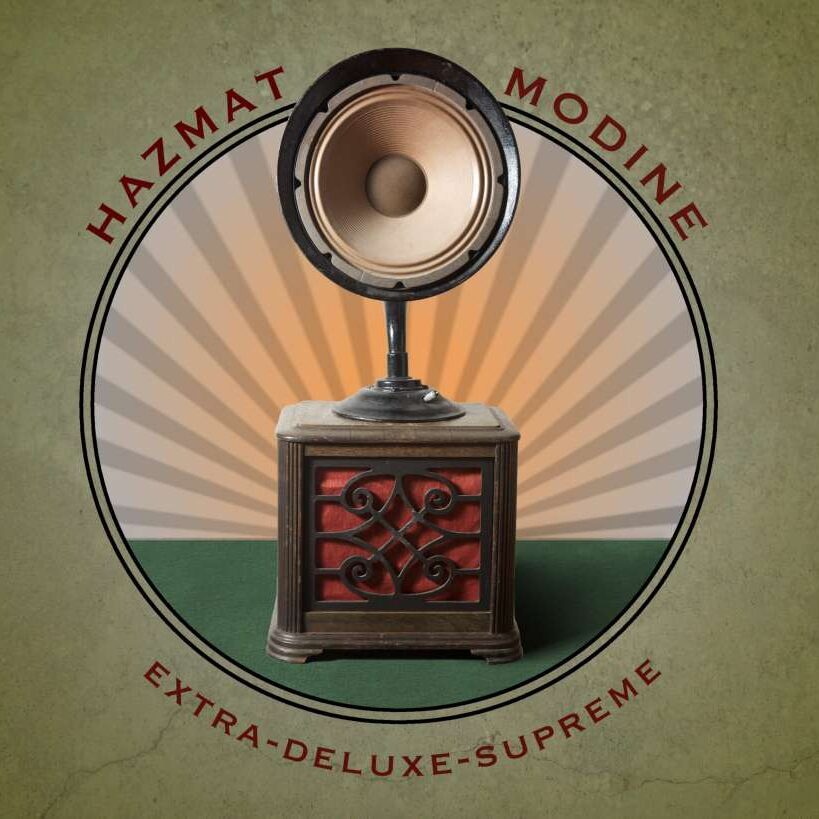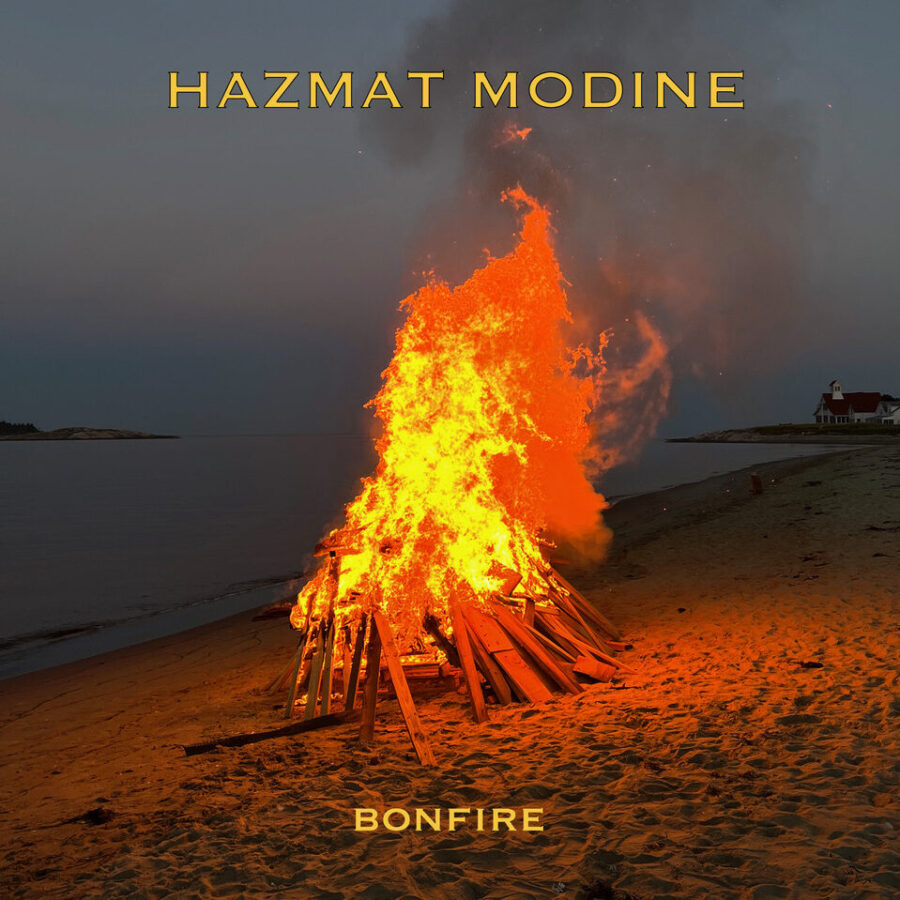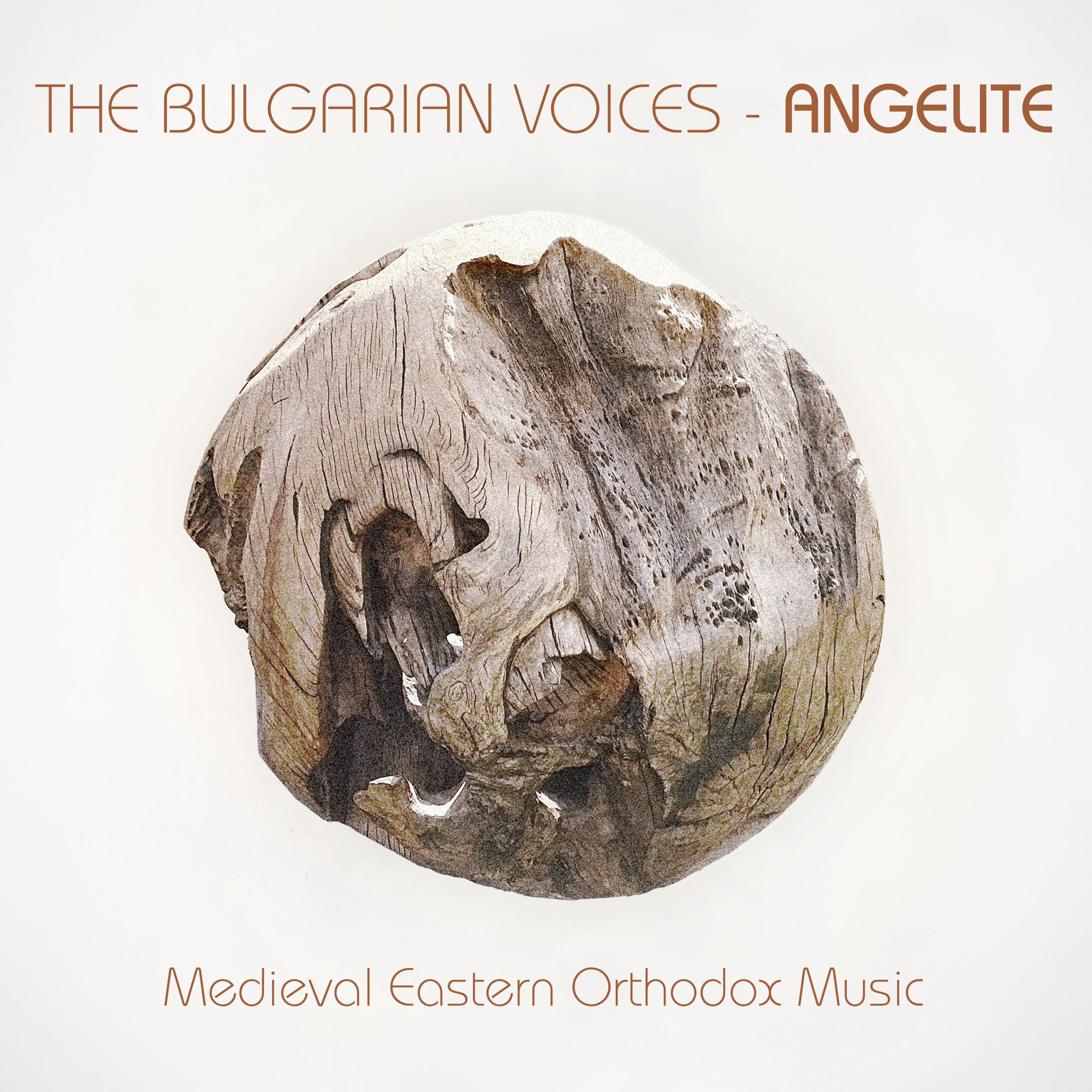[tabs style=”default”][tab title=”Info”]
The Farlanders from Moscow with Sergey Starostin & Inna Zhelannaya received best reviews from all over Europe with their two released albums on JARO records. Recently JARO discovered that there was a recording done in Moscow years ago with Mari Boine, the great Sami singer from Norway.
In the early 1990s, as Mari Boine’s career was just getting underway, the Norwegian music journalist Sigbjørn Nedland introduced her to the two most important protagonists of the present-day Moscow band Farlanders: Inna Zhelannaya and Sergey Starostin. In the winter of 1992 they and a number of other Norwegian and Russian musicians gathered in Moscow to work together in the recording studio.
In retrospect, the musical direction each of these artists would take was already becoming clear. Since that winter, each of them has found an individual manner of expression based on his or her respective national culture. Mari Boine created an inlet for the musical culture of her people, the Sami, into the great river of World Music, developing a very personal idiom and style from the Sami traditions. Inna Zhelannaya continued to work on her own texts and songs, initially still in collaboration with the popular Russian group Alliance, which accompanied her on this album, later with other Russian musicians. Her highly unique blend of rock, jazz and traditional (Russian) music has since culminated in her successful project Farlanders. Sergey Starostin, who — working with the Moscow Art Trio — had already begun combining elements of jazz, classical and traditional Russian music, carried on with this brilliant concoction in various collaborative settings — with Inna Zhelannaya and the Farlanders, with the Moscow Art Trio and recently in his voice project “Vocal Family.”
The recordings for Winter in Moscow convey the innovative energy of young musicians seeking independence and expression and — perhaps just as strongly — their will to break out of old, traditional structures in an era of radical political and societal change. Many young Moscow musicians set out to explore Western music — but without disowning their own traditions. Mari Boine was concerned with integrating the rich musical culture of the Sami with contemporary music.
This project helped the musicians involved to establish their positions, find their directions and absorb new ideas. The mutual confirmation of each other’s efforts and the realisation that similar concepts were being worked on in various places within a new, greater Europe strengthened each of the participants and inspired them to continue along their newly broken paths. Winter in Moscow is a unique document of this turning point, this new beginning, this departure of different but kindred careers in a new, young Europe.
[/tab][/tabs]




